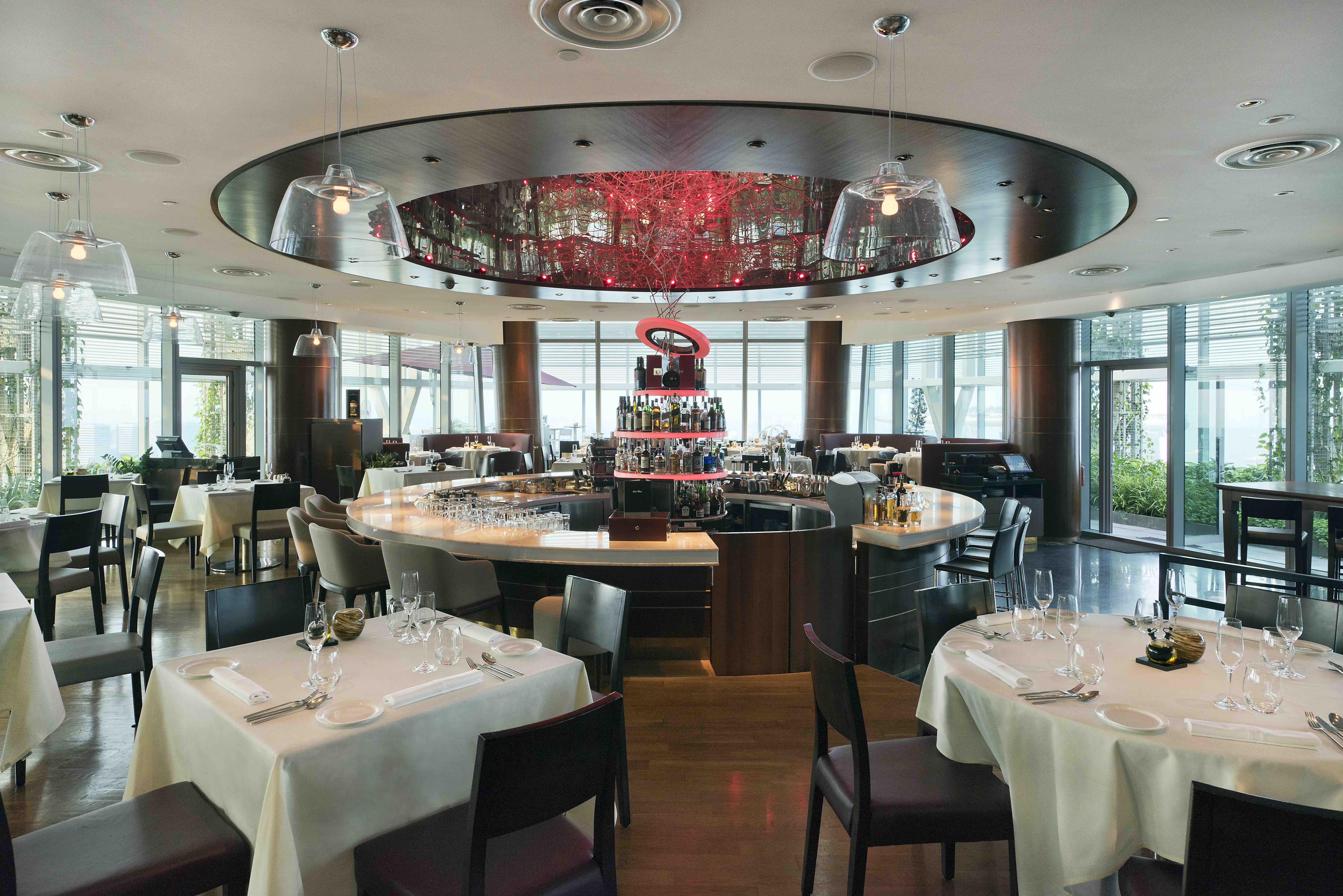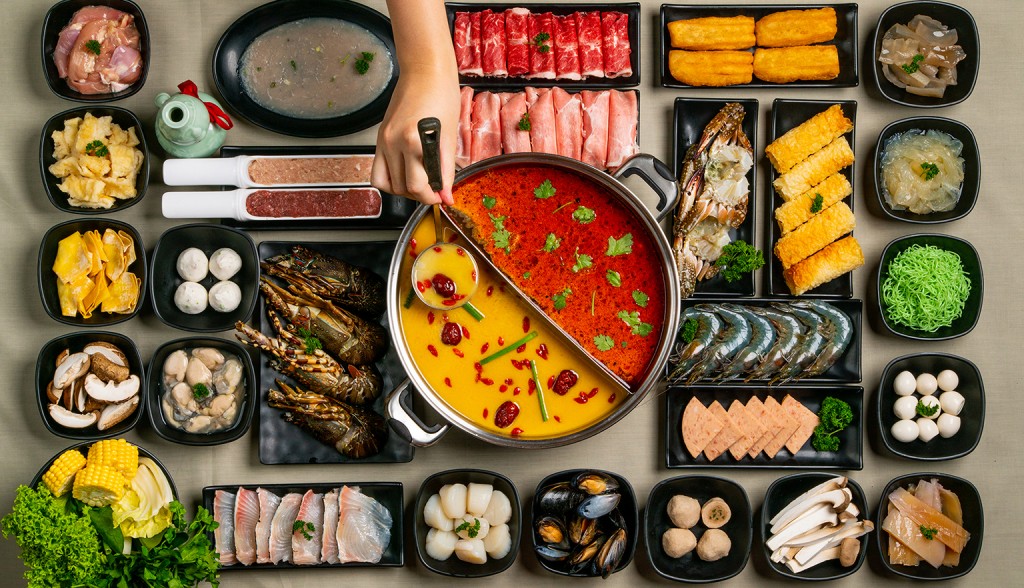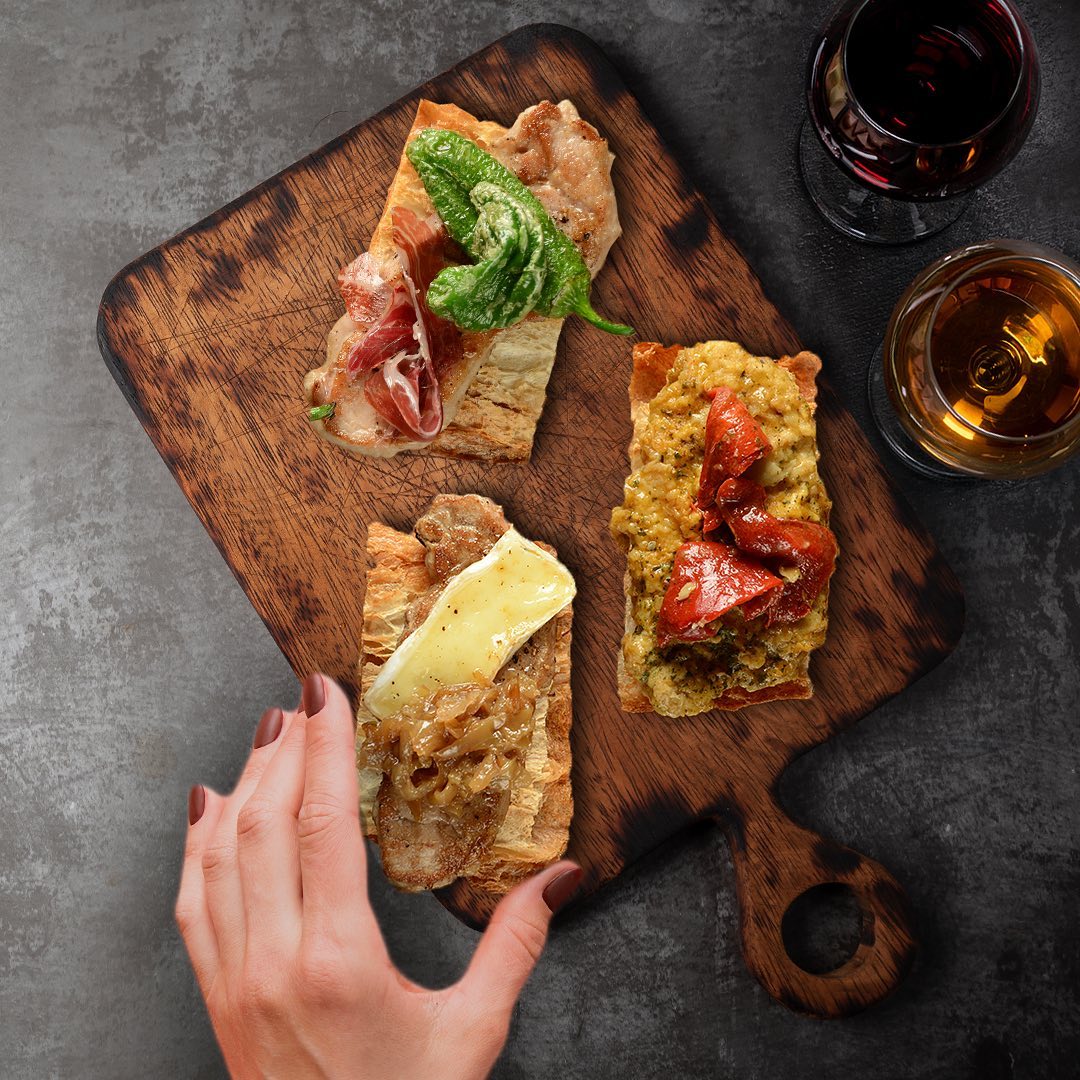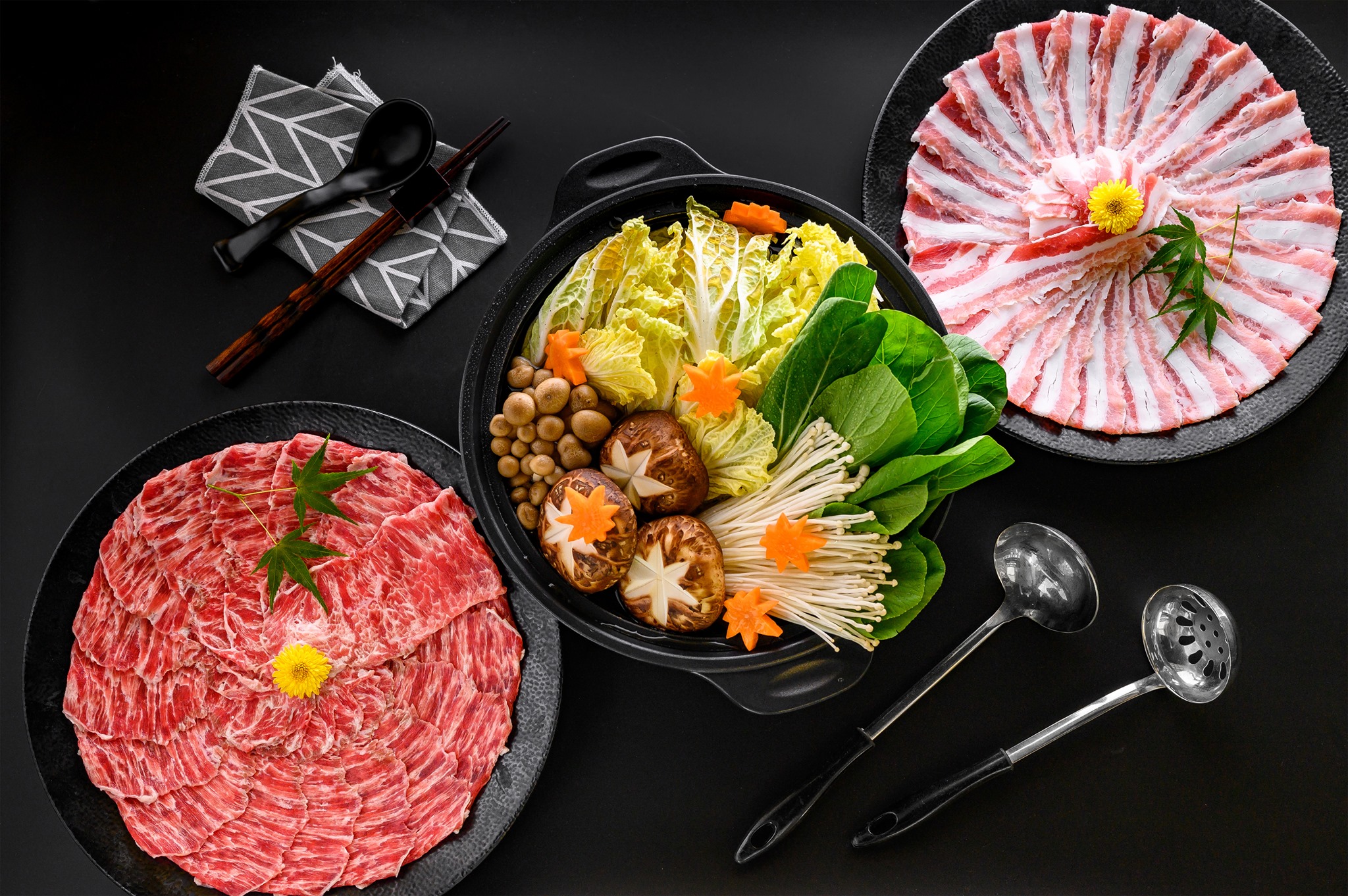With one of the first international launches of South Australian Four Pillars gin, we chat to Cameron Mackenzie about his background in wine production and why he decided to move on to gin.
Since Australia is well-known for their wines, why gin?
We actually experimented with a few other spirits like ryes and whiskies but the complexity of the botanicals found in gin intrigued me. Australia has all the raw materials and resources, yet we import 90% of our gin from big players like Hendrick’s, why not localize it?
Do you find that there are downsides to being one of the only Australian distillers?
For one, I can only make about 450 bottles a day in comparison to big distilleries that can churn out 5,000. Also, Australia makes spirits taxes really high in comparison to wine taxes, so that already kills an industry before it can even start. Most small batch distilleries in Australia end up giving their recipe to a third party to make outside the country, which to me isn’t quality control. On top of that, the market is also quite different, they prefer big brand spirits so it’s up to us to educate them and say small batch doesn’t mean it’s bad.
What was the process to getting the perfect gin recipe?
We toured around countries like the UK and America to visit small batch distillers and taste their products. After tasting so many different gins, I knew what kind of gin I wanted to make. One that is very balanced, complex and aromatic so the three big notes are juniper berries, cardamom and coriander seed that’s supported by lemon myrtle.
Tell us a little more about Wilma, your still.
She’s named after my mother as she’s beautiful, strong and pure, but also cranky and expensive. She makes some of the purest gin but you sort of have to coax her along and make sure the conditions are just right. We custom-ordered her from Germany when we realized that this still-maker has a product that no one else could replicate, but it also took a lot of money to get her made and shipped over.
Is Four Pillars your only gin?
No, we’ve actually got three, one of which is our newly-launched Navy Strength gin. At 58.8% ABV is gunpowder proof – you could douse it over gunpowder and it would still blow up.
Would you ever consider making a grape-derived gin since you have a background in wineries?
Not at the moment as I find grape-based gin coarser. There’s a certain funkiness that comes with fruits and fermentation that you don’t get when you’re distilling something from pure botanicals. Think of botanicals as perfume essential oils that you slowly infuse into a clear product, the outcome is much cleaner and more intense. However, I still produce a few casks of wine here and there, so that’s my wine fix sorted.
What’s a good way to drink gin?
However you like it. Citrusy gins are better in a gin and tonic where the citrus notes are enhanced, but Negronis bring out the heavier spices due to the bitters. To me, I’m a wine person until about 5pm then it’s gin time until dinner where I’ll normally have wine. Technically it’s gin time again after dinner, but everything becomes history if we make it to 11pm.
Find Four Pillars Gin distributed by Equatorial Wine at cocktail bars like Tippling Club, Moosehead and The Providore.





